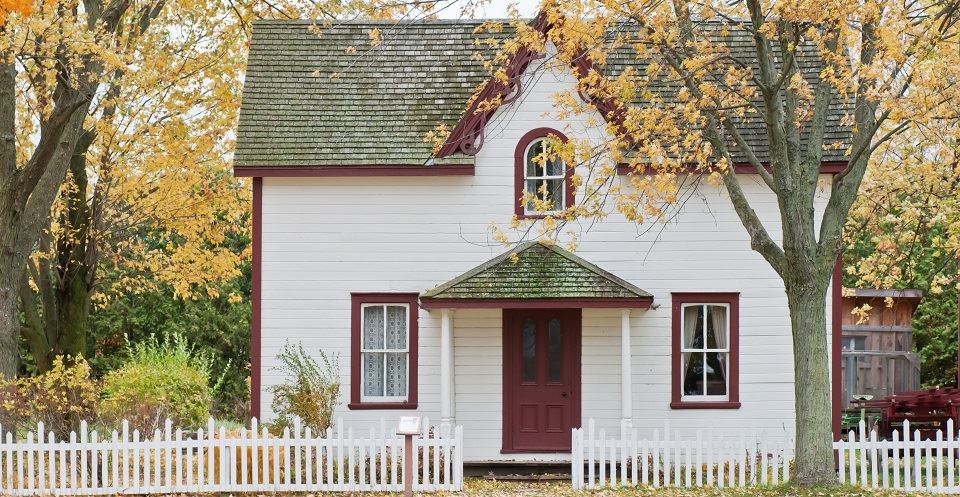What happens after you find the perfect home? How much should you offer, and how low is too low? Everyone loves a great deal, but a low-ball proposal can insult and turn off the seller. Realtors suggest no less than 85 percent of the original asking price.

When you're ready to make that leap it's important to remember that oral promises are not legally enforceable in real estate sales, so making an official offer is crucial.
Do your research before making an offer on a house
Find out the property's history and reasons for the current sale. A bank will be less likely to accept a reduction offer than a family buying a new home. Compare the house to similar ones in the area to see if the price matches up. You can use a cheap neighborhood as a bargaining chip. A lower offer needs to be strategic, so don't be caught unaware!
The comparative market analysis (CMA) is the most widely used and reliable method of estimating the true value of a property. It narrows down a realistic price range by looking at what similar properties sold for, so you can come up with an offer that's enticing to the seller.
The CMA looks at three main things.
- Sold price, not list price: Remember that list price is just an asking price.
- Adjusted average sales price: Average the sales prices of comparable properties and then adjust based on how the properties compare to your dream home in size, number of rooms, location, etc.
- Degree of similarity: You should be comparing apples to apples and not apples to oranges.
Your realtor will conduct this analysis for you. They have the expertise to gauge how much to adjust averages and can walk you through the numbers.
What to include when drafting an offer on a house
If your offer is accepted on the first read, it will become a binding sales contract (or a purchase agreement). For this reason, it's prudent the offer contains every element needed to serve as a template for the final sale.
The purchase offer should include:
- Address and a legal description of the property
- Sale price
- Terms of the sale
- Seller's promise to provide a clear title of ownership
- Target date for closing
- Amount of earnest money deposit accompanying the offer and how the money will be returned to you if rejected
- Method by which real estate taxes, rents, fuel, water bills and utilities are to be prorated between buyer and seller
- Provisions about who will pay for title insurance, survey, inspections, etc.
- Type of deed that will be granted
- State specific requirements
- Time limit for the offer
- Contingencies
TIP: If the offer letter states, "This offer is contingent upon (or subject to) X, Y and Z," realize that you are completing the sale ONLY if X, Y and Z occur.
Common contingencies in purchase offers are financing and home inspection. The buyer must be able to get specific financing from a lender, and if the buyer cannot secure financing, the deal is off.
Things to consider when submitting an offer on a house
-
Keep your emotions out the negotiation process.
-
Bring a checklist of must-haves. A property with most of the features you are seeking will be worth more to you, so you may want to keep your bid close to the listing price.
-
Before checking out homes, you received a pre-approval and know how much home you can afford. Stick to this budget, or you'll end up house poor!
-
If you cannot afford the listing price, drop contingencies. Make yourself stand out by not requiring repairs or shorten the closing time frame.
-
Add an escalation clause. Start low, but let the seller know you will increase by a predetermined amount up to a certain number.
-
Utilize compliments when pitching your number to the seller. Flattery goes a long way!
-
If possible, offer an all-cash transaction.
-
Never assume there will be a counteroffer. Make your best offer your first offer.